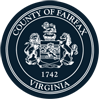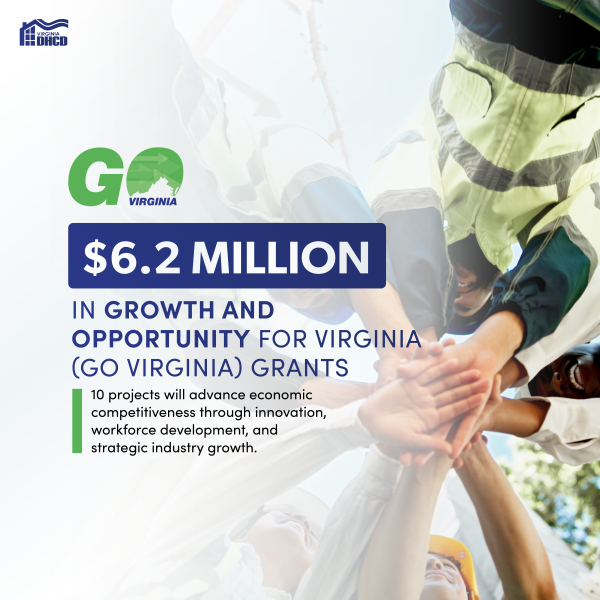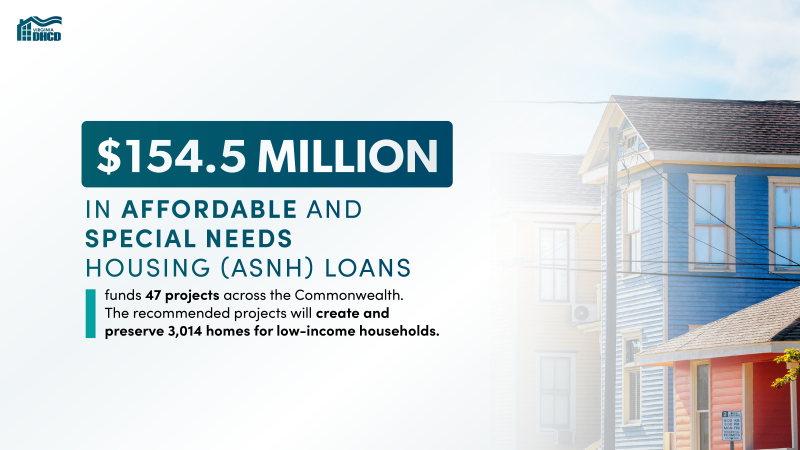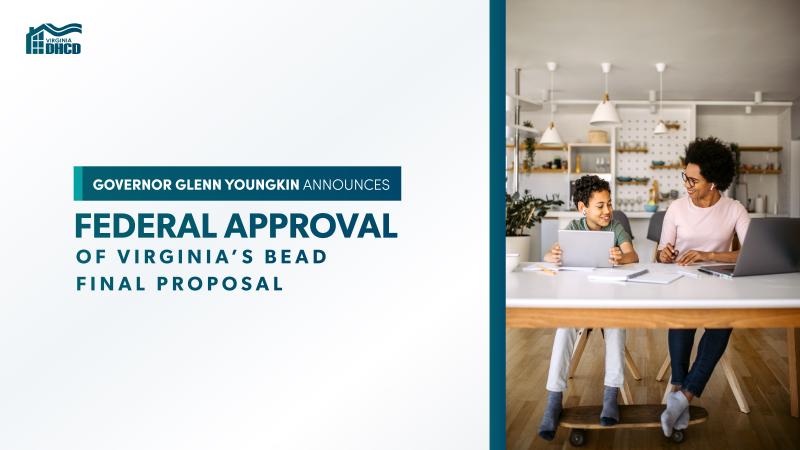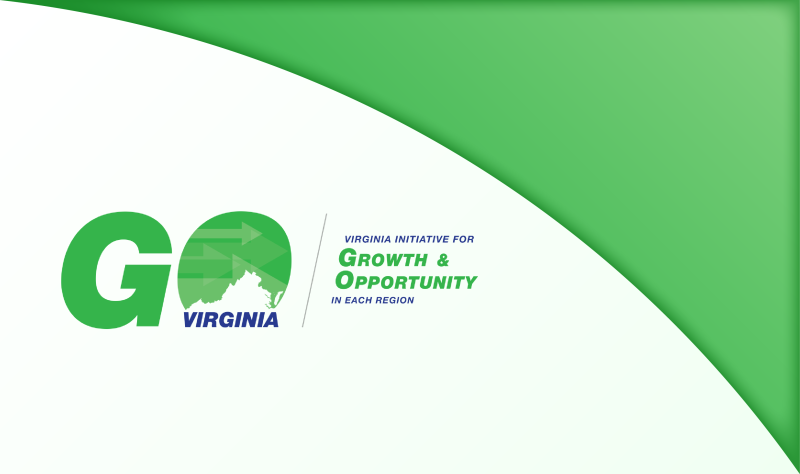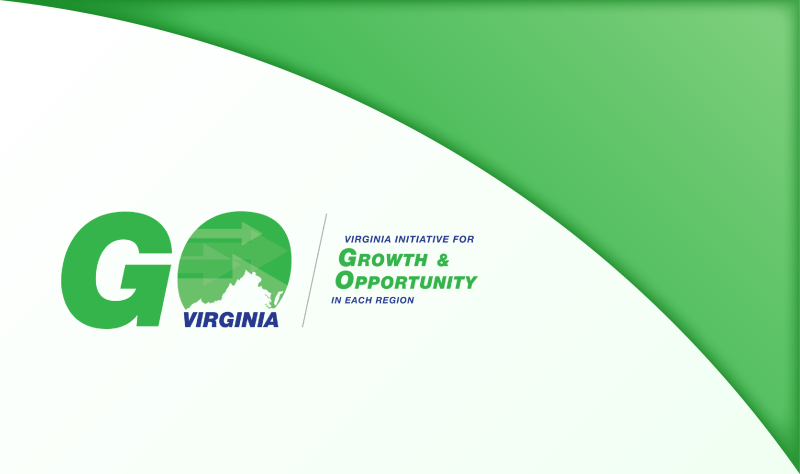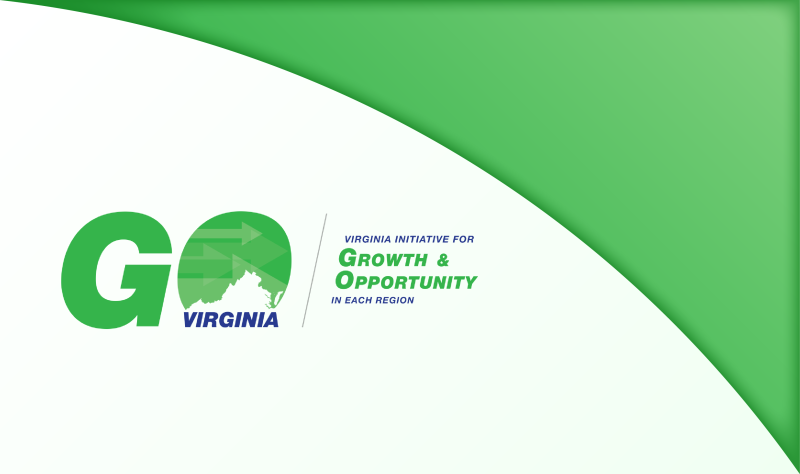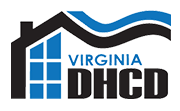12.30.2025
Advancing regional economic growth and workforce opportunity
Governor Glenn Youngkin today announced $6.2 million in Growth and Opportunity for Virginia (GO Virginia) grants for 10 projects that advance Virginia’s economic competitiveness through innovation, workforce development, and strategic industry growth. The awarded projects will leverage an additional $4 million in investment.
“GO Virginia continues to be a catalyst for innovation and opportunity across the Commonwealth,” said Governor Glenn Youngkin. “Virginia is stronger than ever, but we have to keep going. By investing $6.2 million in these projects, we are strengthening Virginia’s workforce, advancing key strategic industries, and keeping Virginia competitive for years to come.”
The latest round of projects includes investments in aviation maintenance training, industrial trades expansion, talent pathways in emerging technology sectors, regional innovation ecosystems and long-term strategic planning to position regions for transformational industry opportunities.
Several projects also leverage partnerships with school divisions, community colleges, and research universities to ensure their graduates’ skills align with emerging industry needs and Virginians can access high-quality pathways to higher-wage careers.
“Across the Commonwealth, we see alignment in support of stronger talent pipelines, commercialization activity, and the development of competitive sites,” said Emily O’Quinn, Chair of the GO Virginia State Board. “This kind of regional collaboration is the key to new jobs and more economic opportunities.”
Since 2022, GO Virginia has played a pivotal role in creating 1,100 new businesses, expanding another 1,100 businesses, and generating 25,000 jobs by fostering innovation, workforce development, and industry growth across 131 localities across the Commonwealth. GO Virginia has supported 147 projects, awarding $72 million in state funding and leveraging $61 million in matching non-state investments. In addition to creating new jobs and businesses, these investments have retained 12,500 jobs and launched 125 new programs that have trained 45,000 Virginians.
To learn more about how GO Virginia continues to fuel economic progress across the Commonwealth, visit dhcd.virginia.gov/gova.
Implementation Grant Applications
Industrial Skills Trades Regional Expansion | $1,346,786
Region 3: Counties of Amelia, Buckingham, Charlotte, Cumberland, Halifax, Lunenburg, Mecklenburg, Nottoway, Patrick, Pittsylvania and Prince Edward, City of Danville
This regional initiative expands industrial skills trades training across Southern Virginia through partnership with Danville Community College (DCC) and Southside Virginia Community College (SVCC). The project will deliver industry-aligned programs in electrical, carpentry, HVAC, plumbing, and industrial maintenance.
Small Business Opportunity Center Expansion | $1,225,000
Regions 4 (lead), 5, 6, and 7: Counties of Arlington, Charles City, Chesterfield, Fairfax, Henrico, Prince George, Stafford; Cities of Alexandria, Fredericksburg, Norfolk, Portsmouth and Richmond
This project expands VCU’s Small Business Opportunity Center into Regions 5, 6, and 7 through partnerships with universities and entrepreneur support organizations across Central Virginia, Hampton Roads, Fredericksburg, and Northern Virginia. By increasing access to technical assistance and sector-specific expertise, the initiative aims to strengthen the growth of traded-sector startups and small businesses throughout the Commonwealth.
Expanding the GO TEC Career Pathways in Region 9 | $1,016,000
Region 9: Albemarle County, Greene County, and City of Charlottesville
Albemarle County Public Schools will establish the first GO TEC Career Connection Labs in Region 9 by installing new labs in all middle schools in Albemarle County, Greene County, and the City of Charlottesville. The labs will introduce students to high-demand skills through modules in IT coding and networking, automation and robotics, precision machining, electrical and mechanical engineering, manufacturing engineering, metrology, biotechnology, and welding.
HOMEWorks Initiative | $748,425
Region 1: Counties of Grayson, Russell, Smyth and Washington
The HOMEWorks Initiative will establish a regional workforce training center dedicated to skilled trades education for modular construction and advanced manufacturing. Led by the Appalachian Highlands Housing Partnership, the project will partner with three Southwest Virginia community colleges to create a training pathway where students earn industry-recognized credentials not currently offered in Southwest Virginia. The training facility enables students to transition directly from classroom learning into on-site apprenticeships, internships and hands-on production experience.
Project RISE | $648,000
Region 2: Counties of Botetourt, Montgomery, Pulaski and Roanoke; City of Roanoke
Project RISE will strengthen the startup ecosystem across the Roanoke and New River Valley. The initiative includes technical commercialization assistance to move innovations to market, a dedicated mentorship hub, and access to on-call experts and advanced AI, digital and cloud-based tools for entrepreneurs. Through a coordinated regional effort, Project RISE will support early-stage and pre-seed companies, helping build a stronger pipeline of scalable startups across the region.
Danville Aviation Training Facility | $92,000
Region 3: Counties of Halifax, Mecklenburg, and Pittsylvania; City of Danville
The Danville Aviation Training Facility will support the aviation training center at the Danville Regional Airport and advance aviation maintenance education in Southern Virginia. Through partnerships with Danville Community College, Averett University and Danville City Public Schools, the project aims to expand the region’s pipeline for skilled aviation technicians and build on growing activity at the Danville Regional Airport.
Planning, Feasibility, and Small-Scale Pilot Grant Applications
Blue Ridge Innovation Corridor Vision 2050 | $250,000
Regions 3 (Lead) and 2: Counties of Franklin, Botetourt, Montgomery, Henry, and Pittsylvania; Cities of Martinsville and Danville
The Blue Ridge Innovation Corridor Vision 2050 project will develop a regional strategy to guide long-term economic growth across Regions 2 and 3. Led by Region 3, the study will produce strategic recommendations across seven focus areas, including advanced manufacturing, life sciences and biotechnology, IT and emerging technology, infrastructure investment priorities, a funding roadmap and a governance model to support implementation. Vision 2050 is intended to position the corridor for coordinated investment, competitiveness, and cluster scale-up over the next 25 years.
VersAbility TECH Center | $100,000
Region 5: Cities of Hampton and Newport News
With support from Hampton and Newport News, the project will help address persistent workforce shortages by creating new training pathways that connect an underrepresented talent pool to employers across the region. The planning effort will provide the foundation for a future implementation project and long-term workforce pipeline development.
Northern Neck Sites Inventory | $100,000
Region 6: Counties of Lancaster and Westmoreland; Towns of Colonial Beach and Montross
Westmoreland County, in partnership with Lancaster County and the Towns of Colonial Beach and Montross, will create a coordinated inventory and prioritization strategy for 20 developable industrial and commercial sites in the Northern Neck. The project will produce a plan for future site-related investment.
VTTI Workforce Pathways Plan for ACE Technology in Region 2 | $99,999
Region 2: Counties of Pulaski, Montgomery, and Roanoke
This project will develop a strategic plan to grow the Region 2 workforce for Automated–Connected–Electrified (ACE) technology jobs, with a focus on electric and automated vehicles. The resulting plan will guide talent pipeline development to meet rising demand from employers in the EV and AV sectors.
NOVA TechWorks | $99,993
Region 7: Counties of Arlington and Fairfax; Cities of Alexandria and Fairfax
NOVA TechWorks will reskill and upskill the region’s tech workforce for high-demand roles in clusters tied to federal contracting and emerging technologies. The project responds to shifting hiring practices, workforce disruption caused by federal spending changes, and the rise of skills-based hiring. NOVA TechWorks will also support the region’s growing life sciences activity by advancing training in AI-enabled digital health through coordinated employer partnership models and integrated support services.
Working in Sync with Employers (WISE) | $99,556
Region 7: Counties of Prince William, Loudoun, and Fairfax
The George Washington University will develop the Working in Sync with Employers (WISE) initiative to strengthen Northern Virginia’s life and health sciences cluster by embedding AI competencies into biomedical data, digital health and clinical research training programs. WISE will pilot an employer-informed workforce model by building programs and strategies that connect students and job seekers with internships and job opportunities in high-growth sectors.
Vector Space Robotics Program Feasibility Study | $96,700
Region 2: County of Bedford; City of Lynchburg
This project will assess the feasibility of expanding robotics education in the Lynchburg area through a comprehensive planning study. Findings from the study will help determine the regional demand for robotics training and chart a path that strengthens the region’s technical talent pipeline.
